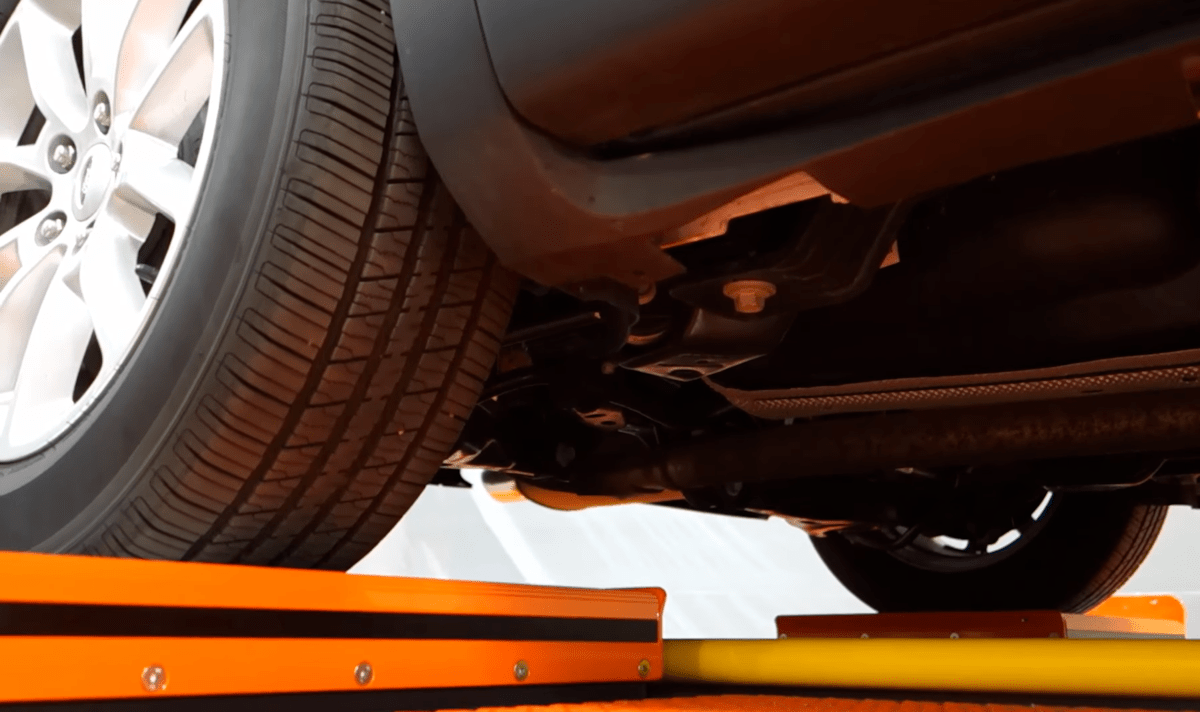EN 12299 Passenger Comfort Testing for Vibration and Ride Quality
The EN 12299 standard is a cornerstone in ensuring passenger comfort within railway transportation. Developed by the European Committee for Standardization (CEN), this standard focuses on assessing ride quality through vibration testing, which is critical for maintaining the safety and comfort of passengers during their journeys.
This service involves comprehensive testing to evaluate how passengers experience vibrations caused by various factors such as track irregularities, vehicle dynamics, and external disturbances. The goal is to ensure that passenger cars meet or exceed the specified standards set forth in EN 12299, thereby enhancing overall comfort levels on rail networks.
The process begins with detailed preparation of the test specimens—typically passenger carriages equipped with appropriate sensors and measurement devices. These instruments capture data on various aspects including acceleration, frequency response functions, and displacement patterns under different operational conditions. The collected information provides insights into potential areas where improvements could be made to enhance comfort.
Once collected, this raw data undergoes rigorous analysis using advanced software tools designed specifically for interpreting results according to EN 12299 guidelines. This includes comparing measured values against predefined thresholds outlined in the standard to determine compliance status.
Air springs and other suspension components play crucial roles in mitigating vibrations experienced by passengers. By conducting thorough evaluations of these elements, our team can identify any issues that may affect ride quality adversely. Additionally, we offer specialized tests aimed at simulating real-world scenarios such as high-speed trains traversing complex terrain.
The importance of continuous improvement cannot be overstated in the railway sector; passenger safety and comfort remain paramount considerations for all stakeholders involved. Our team leverages cutting-edge technology combined with extensive experience to deliver accurate, reliable results that help operators stay ahead of regulatory requirements while enhancing customer satisfaction.
- Environmental factors like temperature changes can influence ride quality significantly. We account for these variables when designing test protocols ensuring consistent outcomes regardless of external conditions.
- Compliance with international standards such as EN 12299 not only ensures passenger safety but also facilitates smoother integration into global markets where harmonization is increasingly important.
Scope and Methodology
The scope of our EN 12299 Passenger Comfort Testing encompasses a wide array of activities aimed at evaluating ride quality through vibration testing. Our methodology follows strict protocols established by the standard, ensuring accurate measurements and reliable data.
Key components include:
- Track Condition Assessment: Evaluating surface irregularities that contribute to increased vibrations experienced by passengers.
- Vibration Measurement: Utilizing state-of-the-art equipment to capture detailed information about the frequency and intensity of vibrations encountered during transit.
- Data Analysis: Employing sophisticated software solutions to interpret collected data according to EN 12299 criteria, providing clear insights into any areas requiring attention.
We employ a multi-disciplinary approach involving experts from mechanical engineering, materials science, and acoustics to ensure comprehensive coverage of all relevant aspects. This collaborative effort allows us to provide thorough assessments tailored specifically for each client’s unique needs.
Our commitment to excellence is reflected in our adherence to international standards such as EN 12299, ensuring consistent quality across all projects undertaken by our team. By maintaining high levels of accuracy and precision throughout every stage of the testing process, we deliver reliable results that meet or exceed client expectations.
Eurolab Advantages
Our organization, Eurolab, prides itself on delivering exceptional services in railway & transportation testing. With years of experience and cutting-edge facilities at our disposal, we offer several key advantages:
- Comprehensive Knowledge Base: Our team comprises highly skilled professionals specializing in various facets of rail transport engineering.
- Innovative Solutions: Leveraging advanced technologies to address unique challenges faced by industry leaders.
- Regulatory Compliance: Ensuring all tests conducted align with relevant international standards including EN 12299, facilitating seamless integration into global markets.
- Client-Centric Approach: Tailoring each project to meet specific requirements while fostering strong relationships based on mutual trust and respect.
We understand the importance of timely delivery without compromising on quality. By prioritizing precision and reliability, we help our clients stay ahead in an ever-evolving competitive landscape.
Environmental and Sustainability Contributions
Incorporating sustainable practices into our testing protocols helps minimize the environmental impact associated with railway transportation while promoting long-term benefits for both operators and passengers. Some key areas where we contribute positively include:
- Eco-Friendly Materials: Using environmentally friendly materials in test specimens reduces waste generation during manufacturing processes.
- Energy Efficiency: Minimizing energy consumption through efficient testing methods ensures lower carbon footprints without sacrificing performance standards.
- Waste Reduction: Implementing recycling programs for used parts and components further supports environmental conservation efforts.
By integrating these initiatives into our operations, we contribute positively towards creating a more sustainable future for all stakeholders involved in the railway sector.





